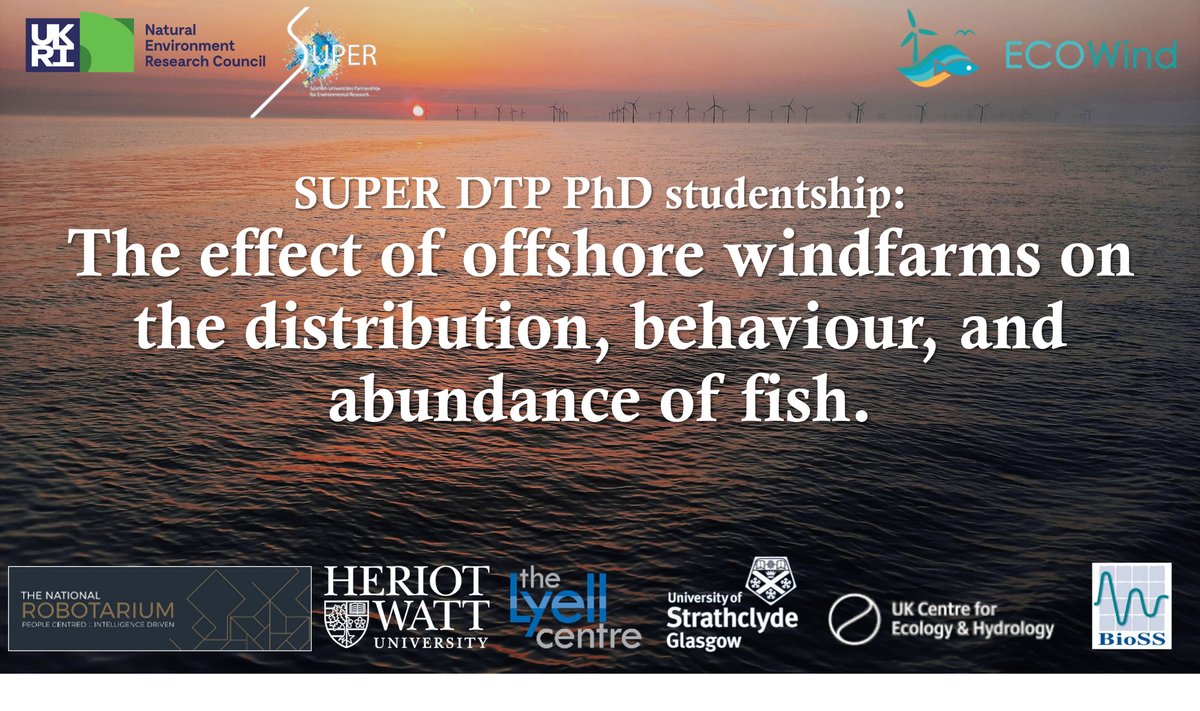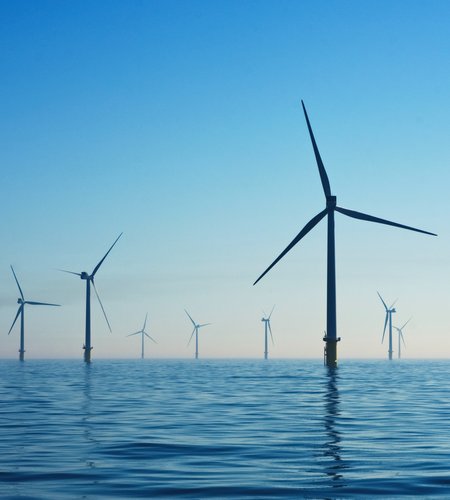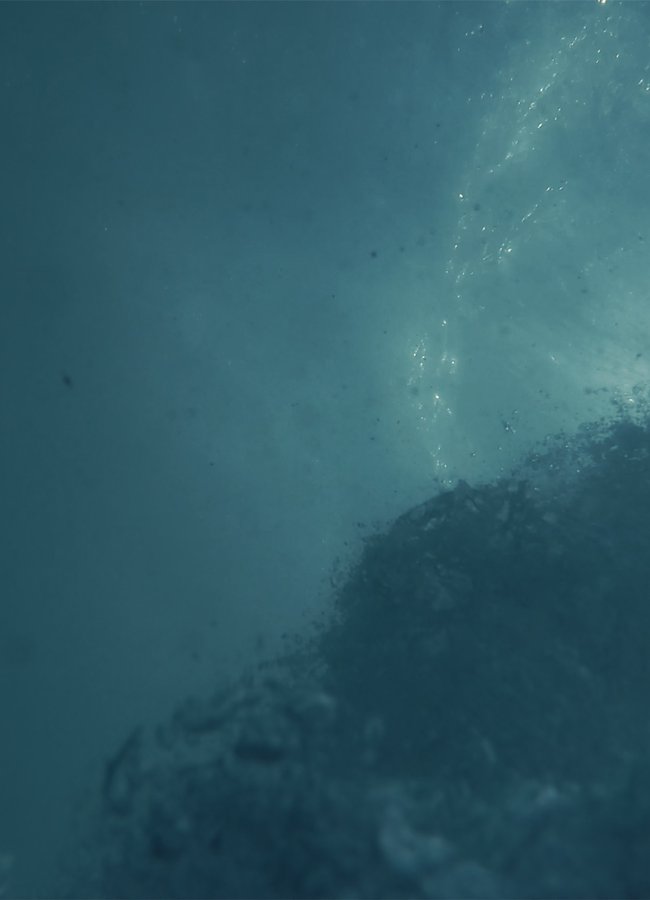The School of Energy, Geoscience, Infrastructure and Society at Heriot-Watt University (UK) is providing a unique, fully-funded PhD opportunity, to study fish in and around offshore wind farms, applying cutting edge marine sampling methods including deploying surface and submarine drones.
The UK faces significant challenges to decarbonize and secure its energy sources. Due to its favorable geographic location, offshore wind (OW) has been identified as playing a critical role in tackling these challenges. Significant OW capacity is being installed as part of the British Energy Security Strategy, which also aims to reduce planning and regulation time by half for new OW projects and increase consenting rate. Such ambitions require a better scientific evidence base to ensure that no harm comes to the marine environment. In the case of OW, the most serious risk to consenting are its impacts on seabirds, which, in addition to direct effects such as collision, may also be indirectly affected by changes to the abundance and distribution of their prey.
This PhD studentship aims to understand the effect of OW on fish, which are the main seabird prey and a potential target of strategic compensatory measures via fisheries management. The study will obtain data from the ECOWINGS project, which has been funded through the EcoWIND program, and the student will be embedded into the ECOWINGS team of multidisciplinary researchers.
Eligibility
The ideal candidate will have a strong academic record, ideally with an MSc degree (or international equivalent) in a relevant field such as marine or freshwater biology, fisheries biology, environmental biology, or ecology. A 2:1 undergraduate Honours degree will also be considered.
Candidates with an electronic engineering or computing background, with some relevant experience in marine ecology will also be considered.
All candidates must demonstrate a profound interest in aquatic biology and enthusiasm for researching a topic relevant to fish, fisheries, seabirds, and/or marine conservation.
Scientifically curious, creative, conscientious and have excellent English communication and scientific writing skills.
Highly organised and self-motivated, and enjoys working as part of a team at sea.
A full driving license enabling to drive in the UK would be desirable, but not essential.
Timeline
The closing date for applications is Friday 10th February 2023. Interviews are expected to take place towards the end of February 2023 and candidates must be available to start in October 2023.
For more information on the position, please visit here.


